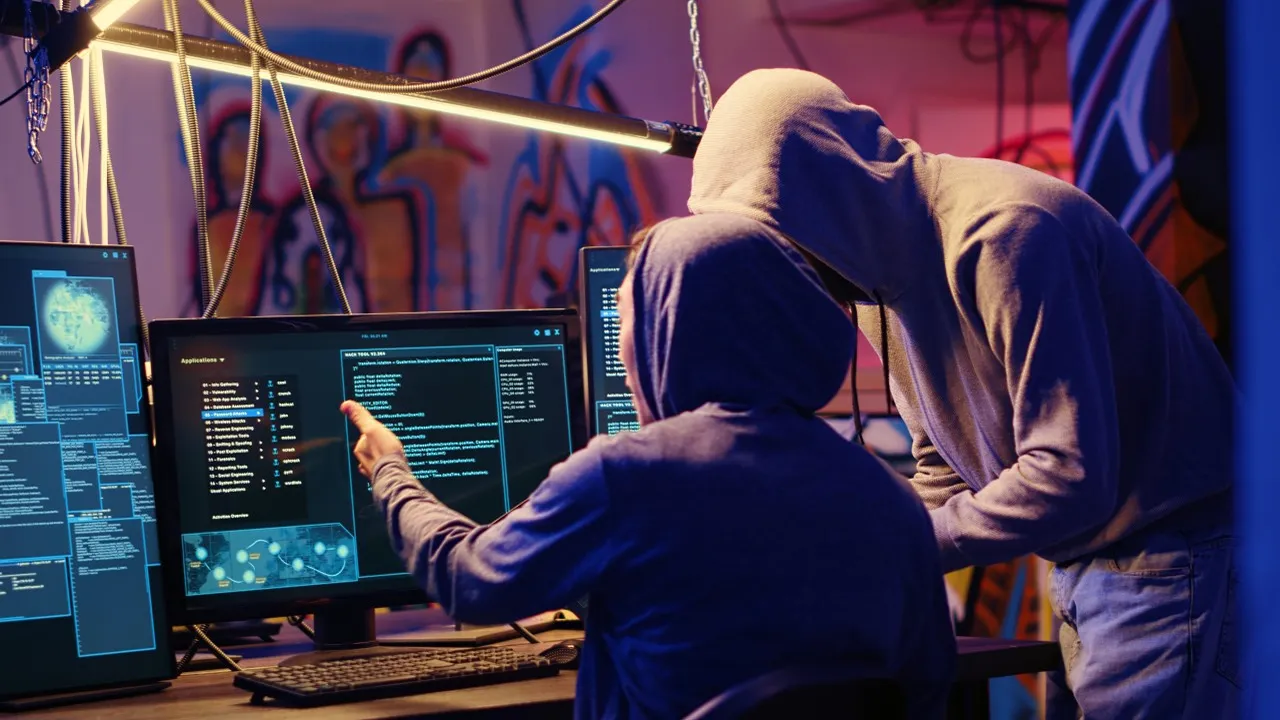Artificial intelligence is radically changing approaches to Identity and Access Management (IAM), shifting the industry's focus from static, rule-based systems to more intelligent, proactive, and adaptive security mechanisms. This analysis was presented on June 9, 2025, by noted cybersecurity expert Sudhakar Tiwari, whose opinion was distributed via the Access Newswire service. According to Tiwari, traditional IAM systems, based on predefined roles and passwords, are becoming increasingly ineffective amidst a complexifying cybersecurity threat landscape and hybrid work environments. AI, however, enables a model of Continuous Authentication and Adaptive Access Control. Modern AI solutions can analyze numerous contextual signals in real-time: user behavior, geolocation, device health and type, request time, the data being requested, and more. Based on this comprehensive analysis, the system dynamically assesses the risk level for each session and can automatically prompt for an additional authentication factor or restrict access upon detecting anomalous activity, such as a login attempt at an unusual time or from an unfamiliar device. Tiwari emphasized that AI significantly surpasses humans and simple rules in detecting complex and non-obvious threats, such as compromised credentials or insider threats. Furthermore, automating routine IAM tasks (like provisioning and de-provisioning access upon hiring or termination) with AI not only reduces the workload on IT departments but also minimizes the risk of human error. In the expert's view, the future of IAM lies in the full and deep integration of AI, which will make security systems not only more robust and resilient but also more seamless and "invisible" to end-users.
Expert: AI is Radically Transforming Identity and Access Management (IAM)
